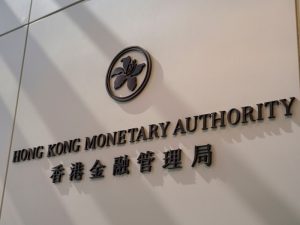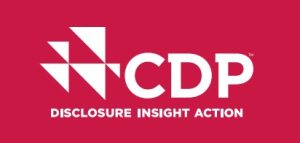Interoperability Guidance on Sustainable Disclosure Standards
The International Financial Reporting Standards Foundation (IFRS) and the European Financial Reporting Advisory Group (EFRAG) releases Interoperability Guidance on sustainable disclosure standards, aiming to strengthen consistency between the European Sustainability Reporting Standards (ESRS) and the International Sustainability Standards Board (ISSB) standards.
As various jurisdictions around the world begin to formulate sustainable disclosure standards based on IFRS S1 and IFRS S2, how to improve the transparency of information disclosure and enhance the interoperability between them is the focus of regulatory agencies. The ISSB has released the IFRS Sustainability Disclosure Taxonomy to provide a consistent template for sustainable information disclosure in different jurisdictions.
Related Post: ISSB Releases IFRS Sustainability Disclosure Taxonomy

Introduction to Interoperability Guidance on Sustainable Disclosure Standards
The Interoperability Guidance on sustainable disclosure standards provides companies with an approach on how to comply with the ISSB Standards if they meet the ESRS, and how to comply with the ESRS if they meet ISSB Standards. The guidance is divided into four parts. The first part explains how the ISSB standards and ESRS can achieve interoperability in sustainable disclosures in general. Parts 2, 3 and 4 explain how the ISSB standards and ESRS can achieve interoperability in sustainable disclosures beyond climate.
In terms of determining the sustainable information disclosures, the guidance suggests that if a company wants to meet two standards at the same time, it needs to consider the materiality requirements of both standards. The definition of materiality in the ISSB standard is that if the omission, misstatement or concealment of this information can be expected to affect the decision-making of users of financial reports, then this information is material. The definition of materiality in ESRS is consistent with it. Therefore, the material information disclosed in ISSB standards also needs to be disclosed in ESRS, and the material information disclosed in ESRS also needs to be disclosed in ISSB standards.
For information disclosure other than climate, the ISSB standard only requires disclosure of sustainability-related risks and opportunities in IFRS S1 if they are expected to affect the company’s prospects. IFRS S1 also provides two information disclosure reference standards, one is the Global Reporting Initiative Standards, and the other is ESRS. Therefore, in order to satisfy both the ISSB standards and the ESRS, a company needs to comply with the nine topics specified by the ESRS.
The nine disclosure topics of ESRS include ESRS E2 Pollution, ESRS E3 Water and marine resources, ESRS E4 Biodiversity and ecosystems, ESRS E5 Resource use and circular economy, ESRS S1 Own workforce, ESRS S2 Workers in the value chain, ESRS S3 Affected communities, ESRS S4 Consumer and end-suers and ESRS G5 Business Conduct.
Regarding climate information disclosure, the guidance believes that ISSB standards and ESRS are highly consistent, and both are based on the pillars (governance, strategy, risk management and metrics and targets) set by the Task Force on Climate-related Financial Disclosures (TCFD). The guidance provides a comparison table between IFRS S2 and ESRS E1. Almost all climate-related disclosure items in the ISSB standards can be found in ESRS E1. The guidance also lists some items that need to be disclosed in ESRS but are not covered in IFRS S2.
Although the ISSB standard and ESRS are highly consistent, there are still differences between the two in specific practice. For example, IFRS S2 requires companies to use climate scenario analysis and requires disclosure of whether multiple scenarios are covered and whether these scenarios are consistent with the latest international climate change agreements. ESRS E1 requires companies to use at least one scenario that is consistent with the Paris Agreement. Therefore, if companies want to comply with ESRS while complying with ISSB standards, they need to consider at least one scenario consistent with the Paris Agreement in their climate scenario analysis.
Reference:





